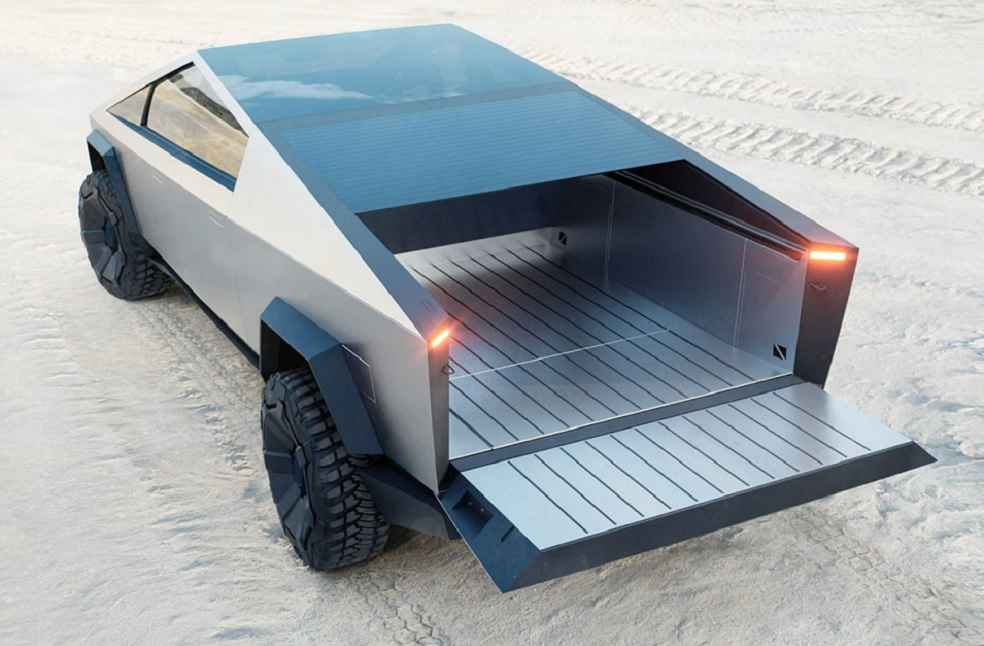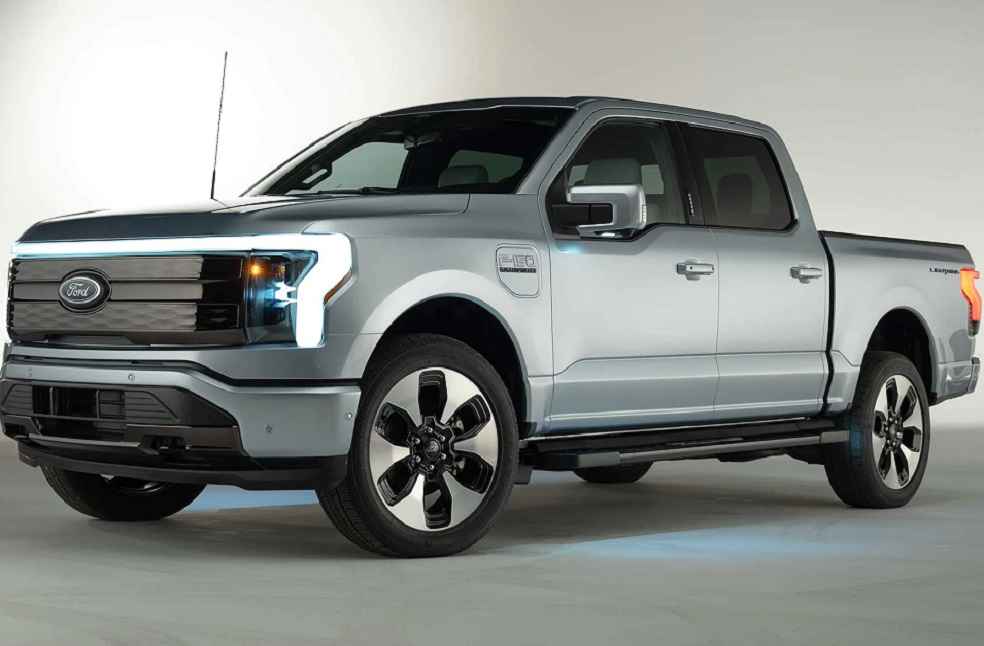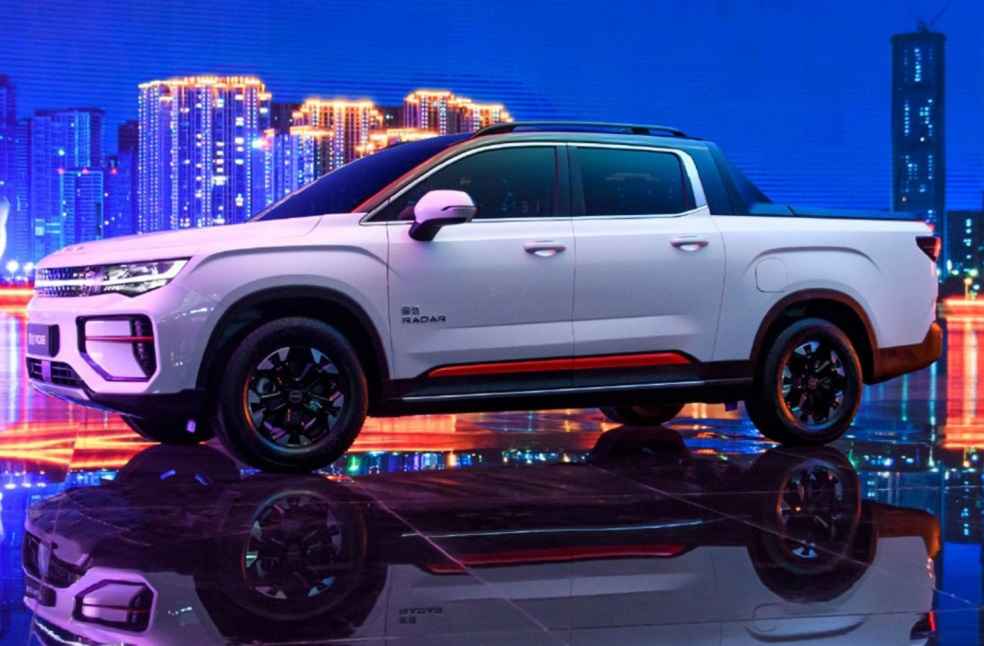The unprecedented boom in the electric vehicle (EV) market has fueled fierce competition among leading automakers in the rapidly evolving EV truck market. Tesla, Ford, and GMC are vying to dominate this fast-growing sector. In a significant development that further stokes the competition, Tesla has kick-started mass production of its highly anticipated Cybertruck at its Gigafactory in Austin, Texas.
The competitive temperature in the EV truck sector started to rise when Tesla unveiled its ambitious foray into this arena three years ago. Tesla’s move follows the path blazed by industry behemoths Ford, GMC, and RAM who have already introduced their electric truck models.

Rivalling these established names, innovative startups like Rivian and Telo are disrupting the market with their inventive EV truck designs. Equally impressive is the entry of Chinese manufacturer, Zhejiang Geely Holding Group, which recently announced the launch of its Radar RD6 EV pickup trucks, a cost-effective alternative to American models.
Electric trucks’ commercial success has been somewhat hindered by concerns over limited distance range and lengthy charging times. Automakers around the globe are determined to change this narrative, responding with the launch of impressive electric truck models that could cause a significant shift in consumer preferences over the next year.
Tesla’s Cybertruck, which created a sensation when CEO Elon Musk showcased it in a promotional drive around Austin, has stirred up considerable excitement in the electric truck race. Over 1.5 million reservations are already on the books, indicating the high level of anticipation for this trailblazing model. That said, Tesla is venturing into a market that already has notable electric truck offerings, such as Ford’s F-150 Lightning, which has garnered positive reception since its 2021 launch.

Ford’s F-150 Lightning has brought a breath of fresh air to the market, an electric reimagining of North America’s top-selling vehicle for the past four decades. Its compelling 320-mile range and 4.5-ton towing capacity have attracted thousands of U.S reservations since its introduction. Yet, its price range of $60,000 to $100,000 presents a stark contrast to Tesla’s projected Cybertruck price of $39,900 to $70,000.
Startups are carving out their space in this expanding market. Rivian, a U.S. EV manufacturer, is making its presence felt with its Rivian R1T, featuring a 300-mile range, acceleration from 0-60 mph in approximately 3 seconds, and a 5-ton towing capacity. It comes with a price tag of around $73,000. Another significant player is U.S. startup Telo, which has unveiled its compact, modular electric truck prototype, merging impressive performance with practical size.
Asian automakers are also turning up the heat in the EV truck market. The Zhejiang Geely Holding Group, a significant player in China’s EV sector, has introduced its Radar RD6 EV pickup truck. With a starting price of just $25,000, the RD6 showcases China’s ability to produce affordable EV models, thus mounting a substantial challenge to its American competitors.

With the upcoming launch of Tesla’s Cybertruck, consumer interest in electric trucks is set to soar. Major U.S. automakers and emerging startups are broadening their electric truck offerings at an impressive pace, and the growth potential of China’s EV market is formidable.
There is no doubt that this competition will bring about a paradigm shift in the automotive industry by offering a sustainable and economically efficient mode of transportation. Yes, the EV truck market is going to witness an upward trajectory. Competition between automakers goes beyond the race for market dominance to benefit nature and society.
OBSERVATION | Korean Auto Exports Accelerate to Full Throttle!





